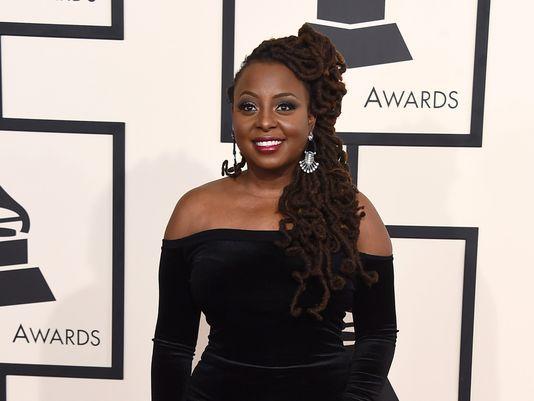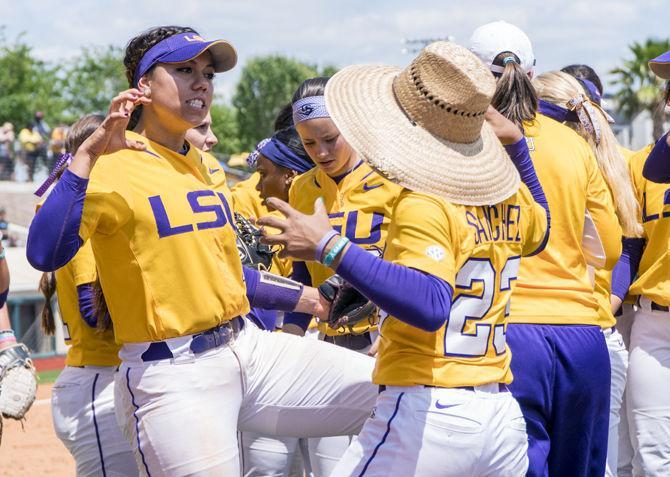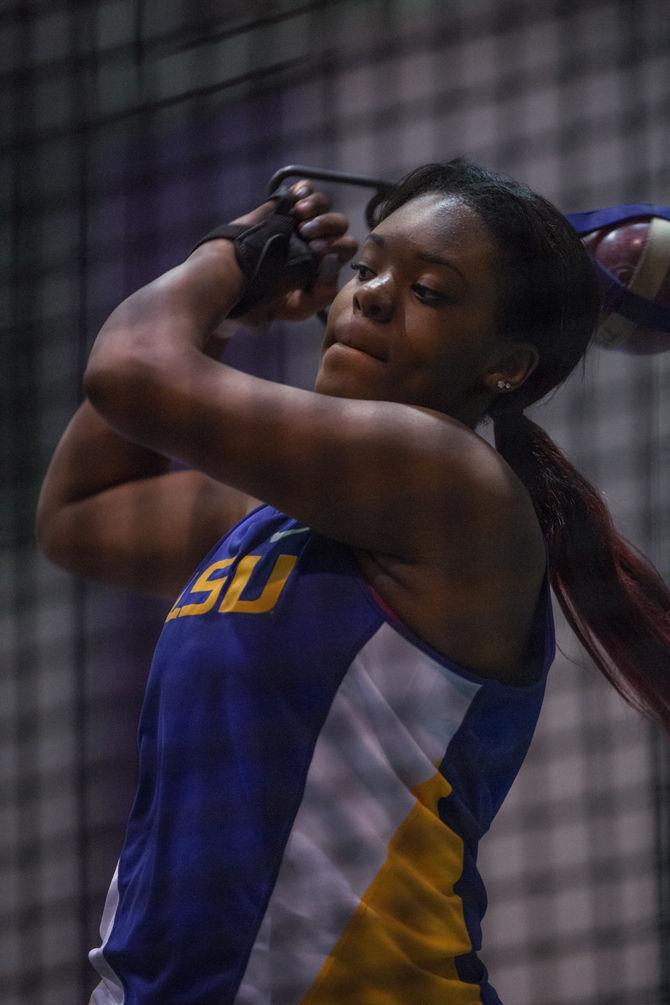In defense of…Each week I will be choosing a celebrity or a fictional character that has been torn apart or ignored by the public recently. I’ll try my best to convince you why they deserve a break or just need someone in their corner.
As a passionate member of the Beyhive, I’m about to say something that may come as a surprise to most people. Contrary to popular belief, however, I do take my stan goggles off from time to time so I can see things clearly.
This past Sunday at the 57th Annual Grammy Awards, Beyoncé was undoubtedly one of the biggest stars of the night. With three wins this year Beyoncé now has twenty total Grammys under her belt. She would have had twenty-one, but by now you’ve heard that singer Beck beat her for Album of the Year, causing Kanye to pull another “Imma let you finish” and the Beyhive to riot on social media.
The loss didn’t seem to faze her much, though, and Beyoncé topped off the night with a performance of the song “Take My Hand, Precious Lord” which is an old Gospel hymn. Beyoncé’s performance was a part of the tribute to the film “Selma” and was performed right before the song “Glory,” by John Legend and Common, which is also on the film’s soundtrack.
This is where the real controversy begins.
“Selma” is a film that was released earlier this year and chronicles the marches in Selma, Alabama in 1965, which were part of a campaign for equal voting rights. The marches, led by Dr. Martin Luther King Jr., often saw violence by Selma police towards the mostly African-American protesters.
“Take My Hand, Precious Lord” was one of Dr. King’s favorite songs and he would often invite Mahalia Jackson to perform the song at events he would speak at. During a rare moment of desperation in “Selma,” you see Dr. King call Mahalia Jackson, played by singer Ledisi, in the middle of the night to ask her to sing to him over the phone. This was a chilling scene where we had an opportunity to see one of the bravest men in American history in a vulnerable state. As she sang to him, you could tell that her voice and the lyrics she sang gave him reassurance that he would make it through that difficult time.
So, now let’s fast-forward to this year’s Grammys. Even though Ledisi starred in “Selma” and sang “Take My Hand, Precious Lord” for the film, the Grammys chose Beyoncé to sing the tribute. To make matters even more awkward, Ledisi was at the Grammys and witnessed this snub in person.
Ledisi, a New Orleans-native R&B singer has been in the industry for years and was even nominated for a Best New Artist Grammy in 2008. Since then, Ledisi has been able to hold her footing in the R&B world, but has yet to break through in mainstream music. There’s nothing wrong with that, of course. Unless you ask Grammys producers who usually prefer bigger names to give their show a ratings push. In a producer’s mind, it makes more sense to have Beyoncé on your bill.
Despite the fact that Ledisi played Mahalia Jackson in “Selma,” despite the fact that she sang this very song in the film, despite the fact that she’s very capable of singing live, despite the fact that she was in attendance that night, it was the single fact that she’s not notable enough to the general public that led to the Grammys’ decision.
Now, don’t get me wrong: Beyoncé’s performance was ethereal. Dressed in all white, Beyoncé looked angelic on that stage. Even though what I was watching was was beautiful, it didn’t sit right with me. I knew it should have been Ledisi up there.
Beyoncé had multiple nominations that night for her own music. If she absolutely needs to be on the Grammys bill, why not have her perform a newer song from her latest album like “7/11”?
The fact is, even though Ledisi isn’t as known to the mainstream audience, that was her performance to give. The producers had an opportunity to put a spotlight on her talent, but instead they chose to lump Beyoncé in that space for ratings.
Ledisi had a classy response to this issue telling the Associated Press that she was “disappointed” by the Grammy’s decision, but saw Beyoncé’s performance as another opportunity to empower women.
“We have to empower each other,” Ledisi said. “It’s a great thing. And one day I’ll be on that Grammy stage. Every artist wants to be on the Grammys stage. That’s part of our career is to be there, so my time will come when it’s time.”
And I genuinely hope her time on that stage comes sooner rather than later.
Beyoncé is starting to lean into “over-rated” territory, which, as a huge fan, I never want to see or admit to. Especially if it means that an opportunity is blatantly taken away from an artist who deserves their chance to shine.
In Defense Of…Ledisi
By Aggi Ashagre
February 11, 2015

Ledisi arrives at the 57th Annual Grammy Awards
More to Discover













